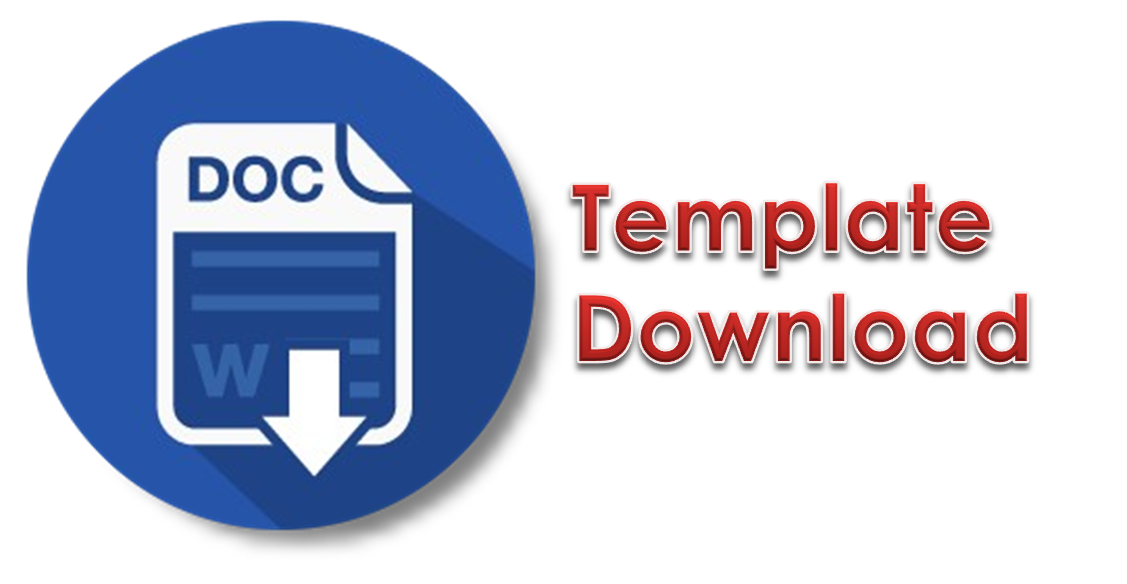Pendidikan Islam dan Adab Belajar Perspektif KH. Hasyim Asy’ari
Abstract
This thesis aims to find out how Islamic education is from the perspective of KH. Hasyim Asy'ari, apart from that, this research also aims to find out how manners are in learning from KH's perspective. Hasyim Asy'ari. The type of research used in this research is qualitative library research. The approach used is a philosophical analysis approach to the thoughts of figures at certain times in the past, and the research methodology uses a historical approach. The data sources for this research are primary and secondary data sources, the primary data in this research are books written by KH. Hasyim Asy'ari, while the secondary data in this research are books, articles in magazines and online, theses, theses and journals. The data collection method in this research is the documentation method. The data analysis technique used in this research is the Spradley model data analysis technique, namely domain, textonomic, componential, and cultural theme analysis. The results of this research can be concluded that this research shows the nature of Islamic education in the view of KH. Hasyim Asy'ari's aim is to maintain the title of the noblest creature placed on humans and education lies in its contribution to creating a cultured and ethical society. Then Adab studied KH's perspective. Hasyim Asy'ari which has been explained in one of his books, Adabul Alim Wal Muta'allim, which includes the primacy of knowledge and scholars as well as the privileges of learning and teaching, the personal etiquette of a student, the etiquette of a student towards a teacher, the etiquette of a student in learning, the personal etiquette of a teacher, a teacher's etiquette in teaching, a teacher's etiquette when meeting his students, and a person's etiquette towards textbooks.
Downloads
Copyright (c) 2023 sultan abdillah

This work is licensed under a Creative Commons Attribution-ShareAlike 4.0 International License.

This work is licensed under a Creative Commons Attribution 4.0 International License.
Authors who publish with this journal agree to the following terms:
- Authors retain copyright and grant the journal right of first publication with the work simultaneously licensed under a Creative Commons Attribution License that allows others to share the work with an acknowledgement of the work's authorship and initial publication in this journal.
- Authors are able to enter into separate, additional contractual arrangements for the non-exclusive distribution of the journal's published version of the work (e.g., post it to an institutional repository or publish it in a book), with an acknowledgement of its initial publication in this journal.
- Authors are permitted and encouraged to post their work online (e.g., in institutional repositories or on their website) prior to and during the submission process, as it can lead to productive exchanges, as well as earlier and greater citation of published work









